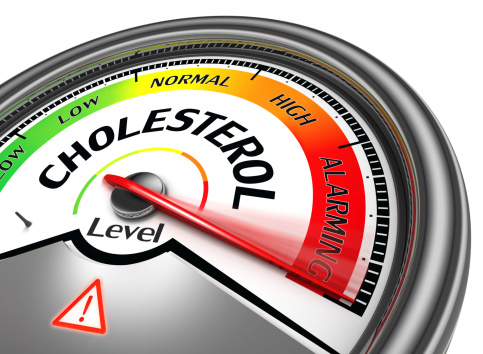Humans—as well as animals and other species—have always had an on-again/off-again relationship with lipids and fats. Cholesterol, for example, is essential for health, but too much of it, can lead to death. New research from Brown University reinforces how this might be true.
While working on nematodes and mice, researchers discovered a naturally occurring protein that moves fats such as cholesterol around the body also compromises essential functions in cells that extends life.
However, the study also shows that nematodes lived up to 40 percent longer when Brown University researchers genetically blocked production of the worms’ yolk lipoprotein, known as vitellogenin (VIT).
“Protein [known as apolipoprotein B (apoB)], which has an ortholog [genes inherited from ancestors] in humans, is a major decider of what happens to fat inside intestinal cells,” said Louis Lapierre, assistant professor of molecular biology, cell biology and biochemistry at Brown University and senior author of the study in the journal Autophagy. “If you reduce the production of these lipoproteins, you allow the fat to be reused in different ways.”







